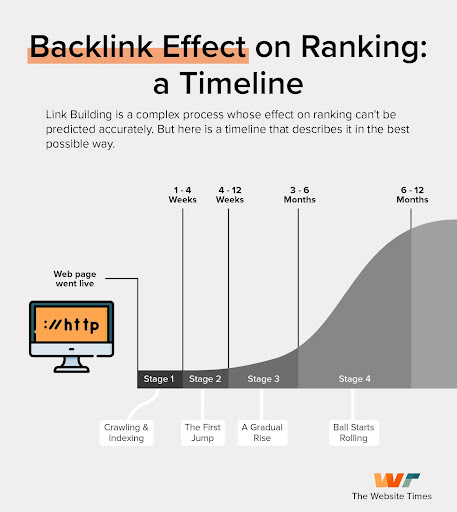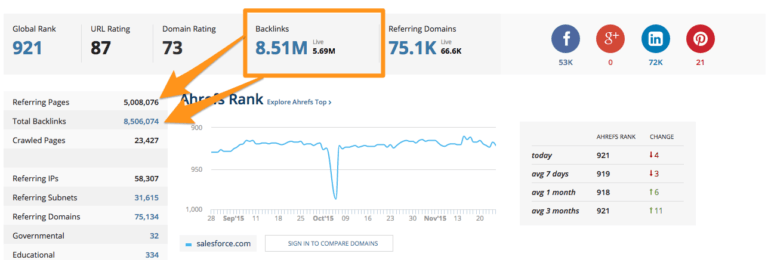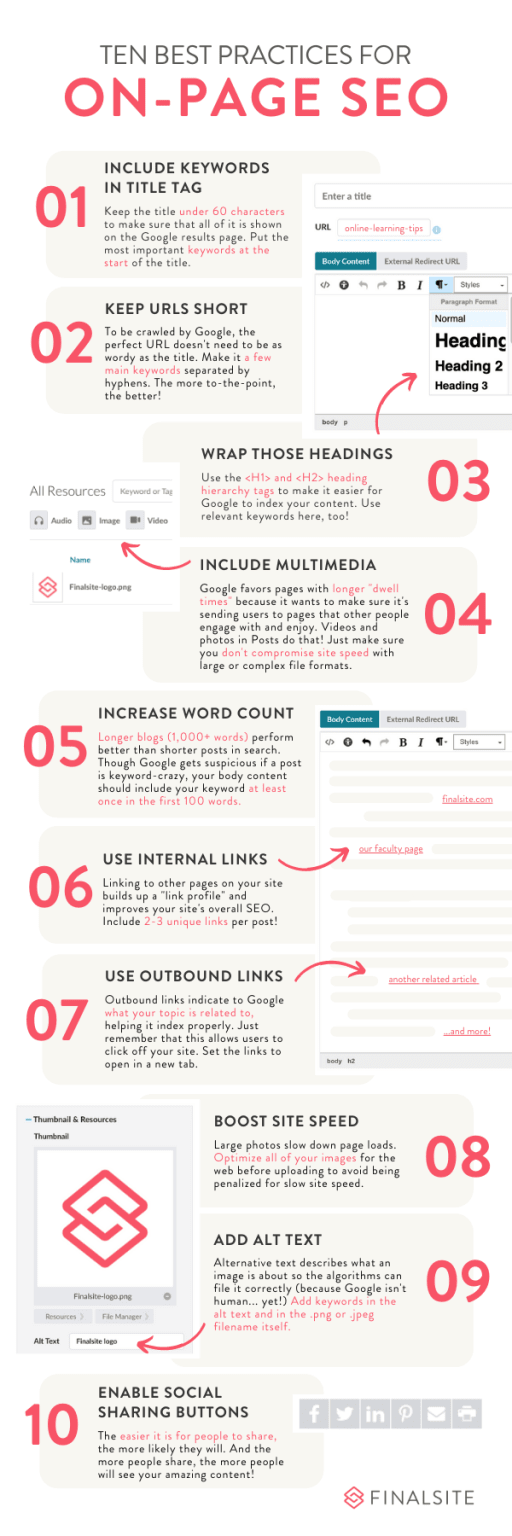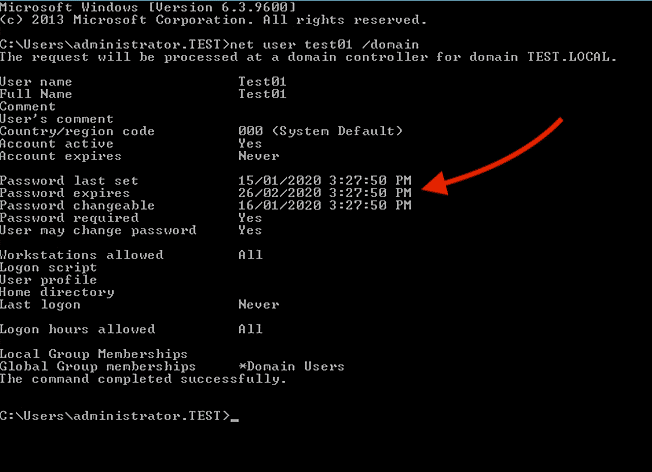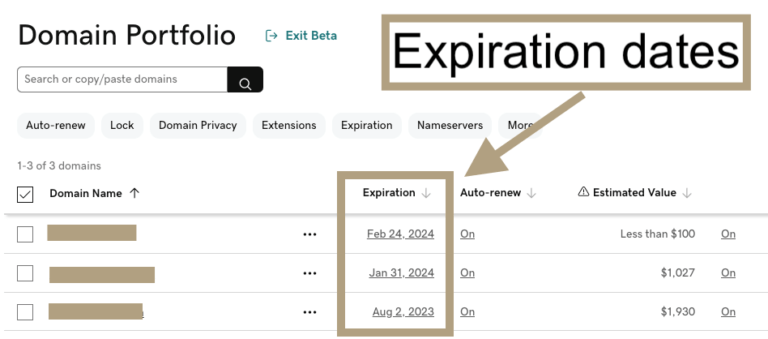Is Domain Age a Ranking Factor? As a website owner or SEO specialist, you may have heard that domain age is a crucial ranking factor that can significantly impact your website’s search engine ranking. But is this really true? Does domain age play a vital role in your website’s ranking, or is it just a myth?

According to a study by Moz, domain age is not a direct ranking factor used by Google’s algorithm. However, it is a factor that can indirectly impact your website’s ranking. The study found that websites that have been around for a longer time tend to have more backlinks and higher domain authority, which are two critical factors that can positively impact your website’s ranking.
Despite this, it is essential to note that domain age alone is not enough to rank higher in search engine results pages (SERPs). Several other factors, such as high-quality content, relevant keywords, and user experience, are also crucial for your website’s ranking. Therefore, while domain age may be a factor to consider, it is not the only factor that can impact your website’s ranking.
Understanding Domain Age
What Is Domain Age?
Domain age refers to the length of time that a domain has been registered and indexed by search engines. It is often considered as a factor in search engine ranking algorithms. However, there is some debate among SEO professionals about the extent to which domain age affects search engine rankings.
Before continue to read, this is where you can buy aged or expired domain: lettiebelle expired domain.
How Is Domain Age Measured?
Domain age is typically measured from the date that the domain was first registered. This information can be obtained from domain registration records, which are publicly available. However, it is important to note that the date that a domain was first registered may not accurately reflect the age of the website that is associated with it.
Search engines may also consider other factors when determining the age of a domain. For example, they may look at the date that the website was first crawled and indexed, as well as the date that the domain was last updated. These factors can provide a more accurate picture of the age and authority of a website.
Overall, while domain age may be a factor in search engine rankings, it is just one of many factors that are considered. Other important factors include the relevance and quality of the website’s content, the number and quality of backlinks, and the website’s overall user experience.
Domain Age and Search Engines
As a website owner, you might wonder if the age of your domain name has any impact on your search engine ranking. In this section, I will explain what Google says about domain age and how it factors into algorithm updates.
Google’s Stance on Domain Age
According to Google’s John Mueller, “the difference between a domain that’s six months old versus one-year-old is really not that big at all.” [1] While domain age is a factor in Google’s ranking algorithm, it is not the most important one. Instead, Google focuses on the quality of the content and the authority of the website.
That being said, a domain that has been around for a longer time might have accumulated more backlinks and social signals, which can be a factor in ranking higher in search results. However, this does not mean that a brand new domain cannot rank well if it has great content and a solid SEO strategy.
Domain Age in Algorithm Updates
Domain age has been a factor in some of Google’s algorithm updates, but it is not the only one. For example, the “Google Sandbox” is a filter that Google uses to prevent new websites from ranking too high too quickly. [2] This filter can affect both new and old domains, but it is more likely to affect new domains that have not yet established their authority.
Another algorithm update that takes domain age into account is the “Freshness Update,” which favors newer content over older content for certain types of queries. [3] However, this does not mean that older content is always less valuable. If the older content is still relevant and informative, it can still rank well in search results.
Overall, while domain age is a factor in search engine ranking, it is not the most important one. Quality content, backlinks, and social signals are just some of the many other factors that can affect your website’s ranking. As a website owner, it is important to focus on creating great content and building a solid SEO strategy, rather than worrying too much about the age of your domain name.
Analyzing the Impact

When it comes to search engine optimization (SEO), one of the most debated topics is whether domain age is a ranking factor. While some people believe that older domains have an advantage over newer ones, others think that it’s not a significant factor. In this section, I will analyze the impact of domain age on search engine rankings based on case studies and expert opinions.
Case Studies on Domain Age
Several case studies have been conducted to determine whether domain age plays a role in search engine rankings. One such study was conducted by Ahrefs, which analyzed over two million pages and found that there is a correlation between domain age and search engine rankings. According to the study, “the average age of pages ranking #1 is 3 years and 4 months.” However, it’s important to note that correlation does not equal causation, and other factors may be at play.
Another case study by Moz found that domain age is a factor in search engine rankings, but it’s not as important as other factors such as content relevance, backlinks, and user engagement. The study concluded that “domain age appears to play a role in search engine rankings, but it’s not a significant one.”
Expert Opinions on Domain Age Relevance
Experts in the SEO industry have varying opinions on the relevance of domain age in search engine rankings. According to John Mueller from Google, “the age of a domain is not a ranking factor.” However, he also stated that “older domains tend to have more links and more content, which can be beneficial for SEO.”
Rand Fishkin, the founder of Moz, believes that domain age is a factor in search engine rankings, but it’s not as important as other factors such as content quality and user engagement. He stated that “a newer site with great content and user engagement can outrank an older site with poor content and engagement.”
In conclusion, while there is some evidence to suggest that domain age is a factor in search engine rankings, it’s not as significant as other factors such as content relevance, backlinks, and user engagement. It’s important to focus on creating high-quality content, building relevant backlinks, and engaging with users to improve your search engine rankings.
Domain Age vs. Other Ranking Factors
As an SEO specialist, I often get asked about the importance of domain age for search engine rankings. While domain age is a factor that Google takes into account, it is not the only factor that determines where your website will rank in the search results.
Content Quality and Relevance
One of the most important ranking factors is the quality and relevance of your website’s content. Google’s algorithm is designed to prioritize websites that offer valuable and informative content to users. This means that even if your domain is relatively new, you can still rank well if you have high-quality content that meets the needs of your target audience.
To ensure that your content is of high quality, make sure that it is well-written, informative, and engaging. Use relevant keywords and phrases throughout your content, but avoid keyword stuffing, which can hurt your rankings.
Backlink Profile Strength
Another important ranking factor is the strength of your website’s backlink profile. Backlinks are links from other websites that point to your site, and they are a signal to Google that your site is authoritative and trustworthy.
While domain age can play a role in your backlink profile strength, it is not the only factor. The quality and relevance of the sites linking to your site is also important. Focus on building high-quality backlinks from authoritative websites in your industry to improve your rankings.
User Experience Signals
Finally, user experience signals are another important factor that Google takes into account when ranking websites. This includes factors like page load speed, mobile-friendliness, and ease of navigation.
While domain age can play a role in user experience signals, it is not the most important factor. Focus on creating a website that is easy to use and navigate, with fast page load speeds and a responsive design that looks great on all devices.
In conclusion, while domain age is a factor that Google takes into account when ranking websites, it is not the only factor. By focusing on content quality and relevance, building a strong backlink profile, and creating a great user experience, you can improve your rankings regardless of your domain age.
Optimizing for Domain Longevity
As we have seen, domain age is a factor that can influence a website’s ranking on Google. However, it is not the only factor. Other factors such as content quality, backlinks, and user experience also play a crucial role in determining a website’s ranking.
That being said, optimizing for domain longevity can help improve your website’s rankings over time. Here are some best practices for new domains and maintaining authority over time.
Best Practices for New Domains
If you are starting a new website, there are a few things you can do to optimize for domain longevity:
- Choose a domain name that is easy to remember and relevant to your niche.
- Register your domain for a longer period of time. According to Search Engine Journal, “Google can see the registration date of a domain, so a longer registration period may indicate a more serious and committed webmaster.”
- Publish high-quality content that provides value to your readers. This will help attract backlinks and social shares, which can improve your website’s authority over time.
Maintaining Authority Over Time
Once you have established your website, it is important to maintain its authority over time. Here are some tips:
- Keep your content up-to-date and relevant. This will help attract new visitors and keep your existing audience engaged.
- Build high-quality backlinks from authoritative websites in your niche. This will help improve your website’s authority and visibility in search results.
- Improve your website’s user experience by optimizing page speed, mobile responsiveness, and navigation. This will help keep visitors on your website longer and reduce bounce rates.
By following these best practices, you can optimize for domain longevity and improve your website’s rankings over time.

